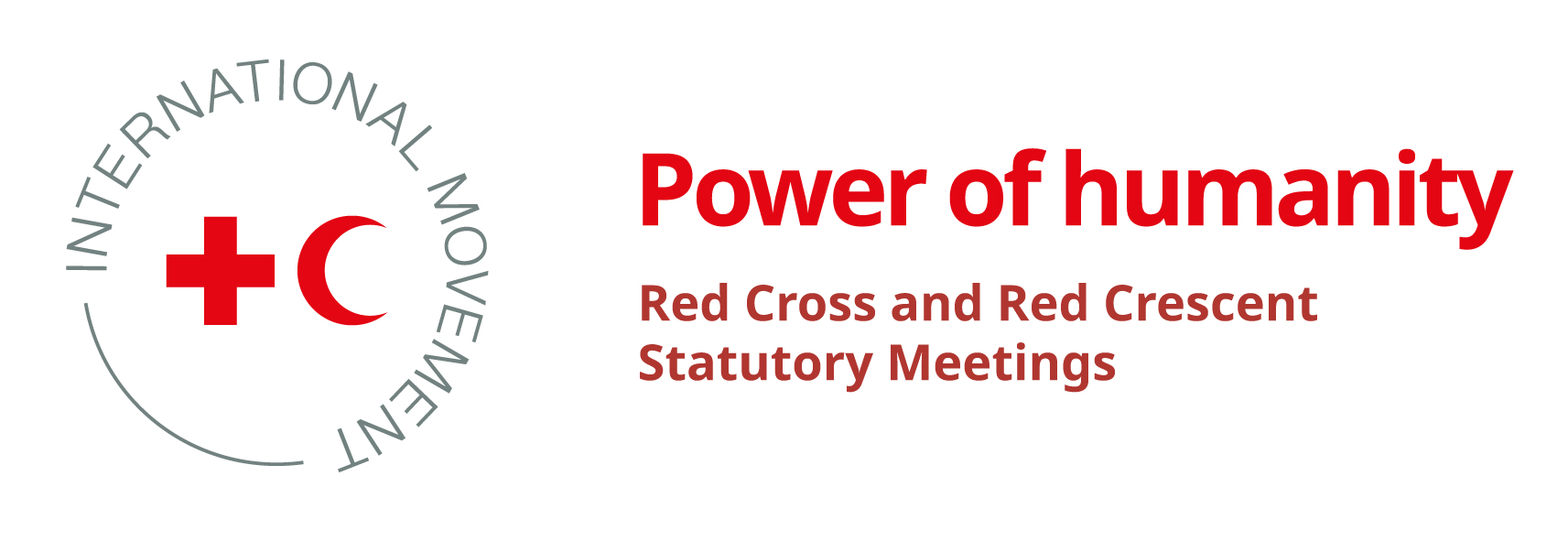Resolution 4: Health Care in Danger: Continuing to protect the delivery of health care together
Report on resolution 4:
– Date: 31.07.2019
– Country: United Kingdom
– Type of entity: State
– What legislative, regulatory and practical measures have you adopted and implemented domestically to ensure the protection of the wounded and sick, health-care personnel, facilities and medical transport, as well as their identification (including through the distinctive emblems)? What about the measures to ensure the violations of international law related to the protection of health-care delivery are effectively sanctioned? Which ministry, government agency, legislative or regulatory organ has been responsible for implementing these measures?
The UK co-sponsored the UN Security Council resolution 2286, aimed at protecting medical personnel and facilities in conflict. The Department for International Development leads on this.
– Which concrete actions have you conducted to collect and analyze data related to violence against health care? How did you use this information to develop practical measures to address such violence?
In further support of UNSCR 2286, the Department for International Development is committed to funding further research in attacks on healthcare in order to better assess impact, improve accountability and advocate for change.
As an example, research funding (UK£2.5m over 5 years from January 2019) has been awarded to a University of Manchester led consortium, which includes WHO, ICRC and MSF as contributing practitioners.
– Which actions have you undertaken to enhance the understanding by health care personnel of their rights and responsibilities resulting from applicable law and to ensure that they can safely fulfil their medical duties in line with their professional codes of ethics?
See attachment
– How have you been cooperating across various Ministries of Government, and with other relevant stakeholders, including the Red Cross Red Crescent Societies, health-care professional associations and civil society, in your country to increase the safety of provision of and access to health care?
. In 2017, the UK co-hosted an UN General Assembly side event on the protection of medical personnel, inviting NGOs, medical experts and civil society. UK aid includes supporting the new WHO Surveillance System for Attacks on Health Care (SSA) tool and the UN inter-agency Access Coordination Unit (ACU) in Palestine to monitor access and ensure the free movement of patients and ambulances.
– How do you ensure that the protection of the wounded and sick and healthcare services is integrated into training, doctrine and operational orders and procedures for your armed and security forces whether at the national level or in the context of international operations they are contributing to?
See attachment
Attachment
– Country: United Kingdom
– Type of entity: State
– What legislative, regulatory and practical measures have you adopted and implemented domestically to ensure the protection of the wounded and sick, health-care personnel, facilities and medical transport, as well as their identification (including through the distinctive emblems)? What about the measures to ensure the violations of international law related to the protection of health-care delivery are effectively sanctioned? Which ministry, government agency, legislative or regulatory organ has been responsible for implementing these measures?
The UK co-sponsored the UN Security Council resolution 2286, aimed at protecting medical personnel and facilities in conflict. The Department for International Development leads on this.
– Which concrete actions have you conducted to collect and analyze data related to violence against health care? How did you use this information to develop practical measures to address such violence?
In further support of UNSCR 2286, the Department for International Development is committed to funding further research in attacks on healthcare in order to better assess impact, improve accountability and advocate for change.
As an example, research funding (UK£2.5m over 5 years from January 2019) has been awarded to a University of Manchester led consortium, which includes WHO, ICRC and MSF as contributing practitioners.
– Which actions have you undertaken to enhance the understanding by health care personnel of their rights and responsibilities resulting from applicable law and to ensure that they can safely fulfil their medical duties in line with their professional codes of ethics?
See attachment
– How have you been cooperating across various Ministries of Government, and with other relevant stakeholders, including the Red Cross Red Crescent Societies, health-care professional associations and civil society, in your country to increase the safety of provision of and access to health care?
. In 2017, the UK co-hosted an UN General Assembly side event on the protection of medical personnel, inviting NGOs, medical experts and civil society. UK aid includes supporting the new WHO Surveillance System for Attacks on Health Care (SSA) tool and the UN inter-agency Access Coordination Unit (ACU) in Palestine to monitor access and ensure the free movement of patients and ambulances.
– How do you ensure that the protection of the wounded and sick and healthcare services is integrated into training, doctrine and operational orders and procedures for your armed and security forces whether at the national level or in the context of international operations they are contributing to?
See attachment
Attachment




